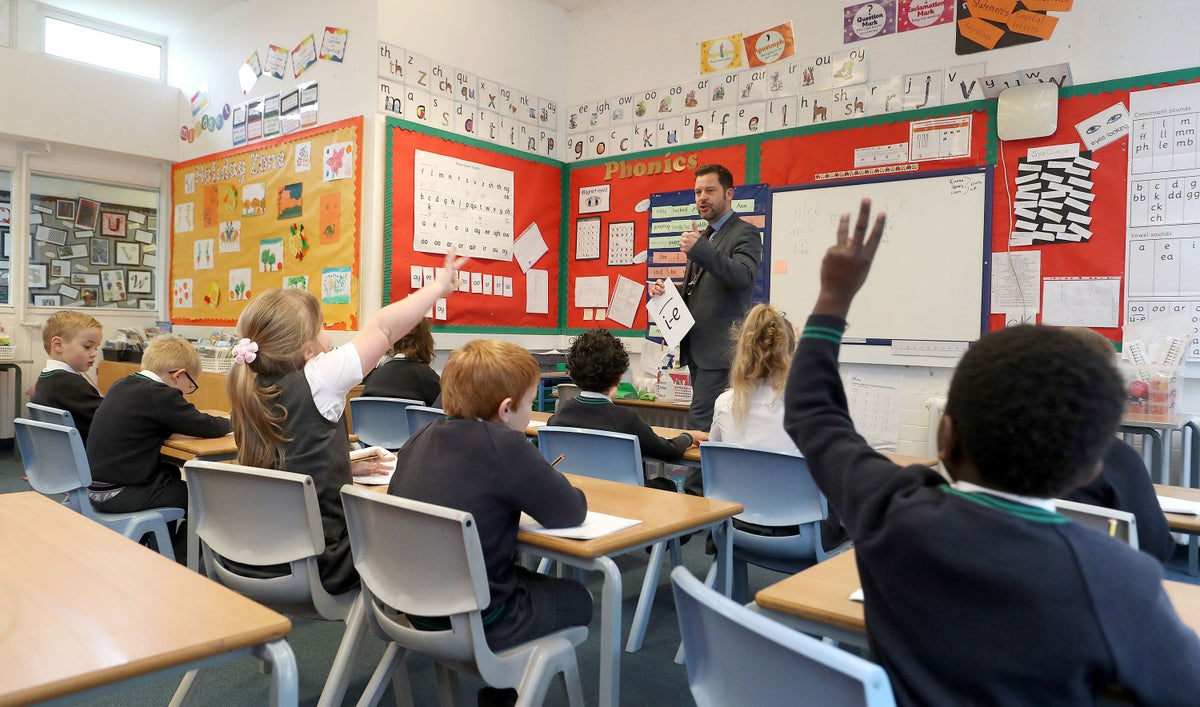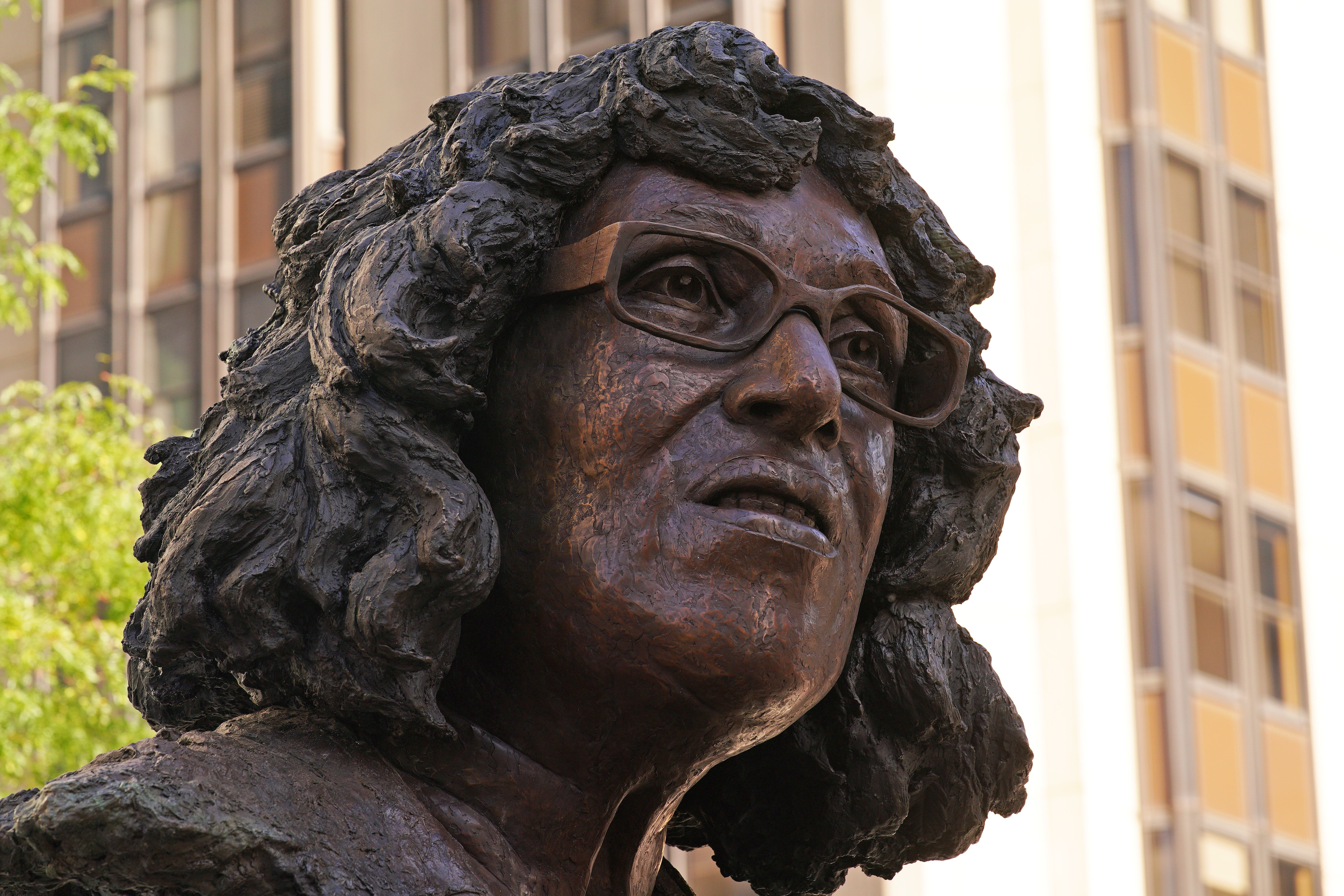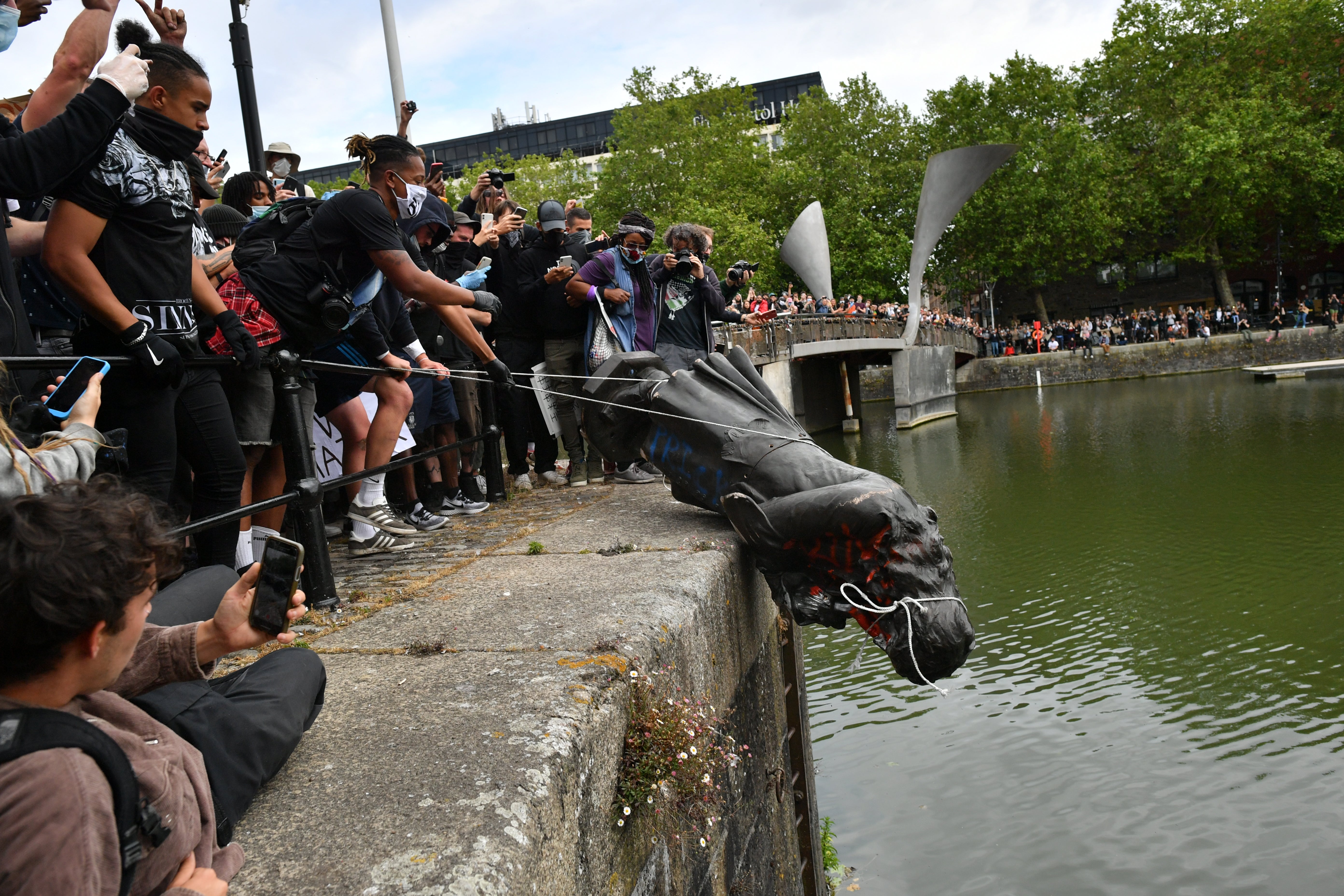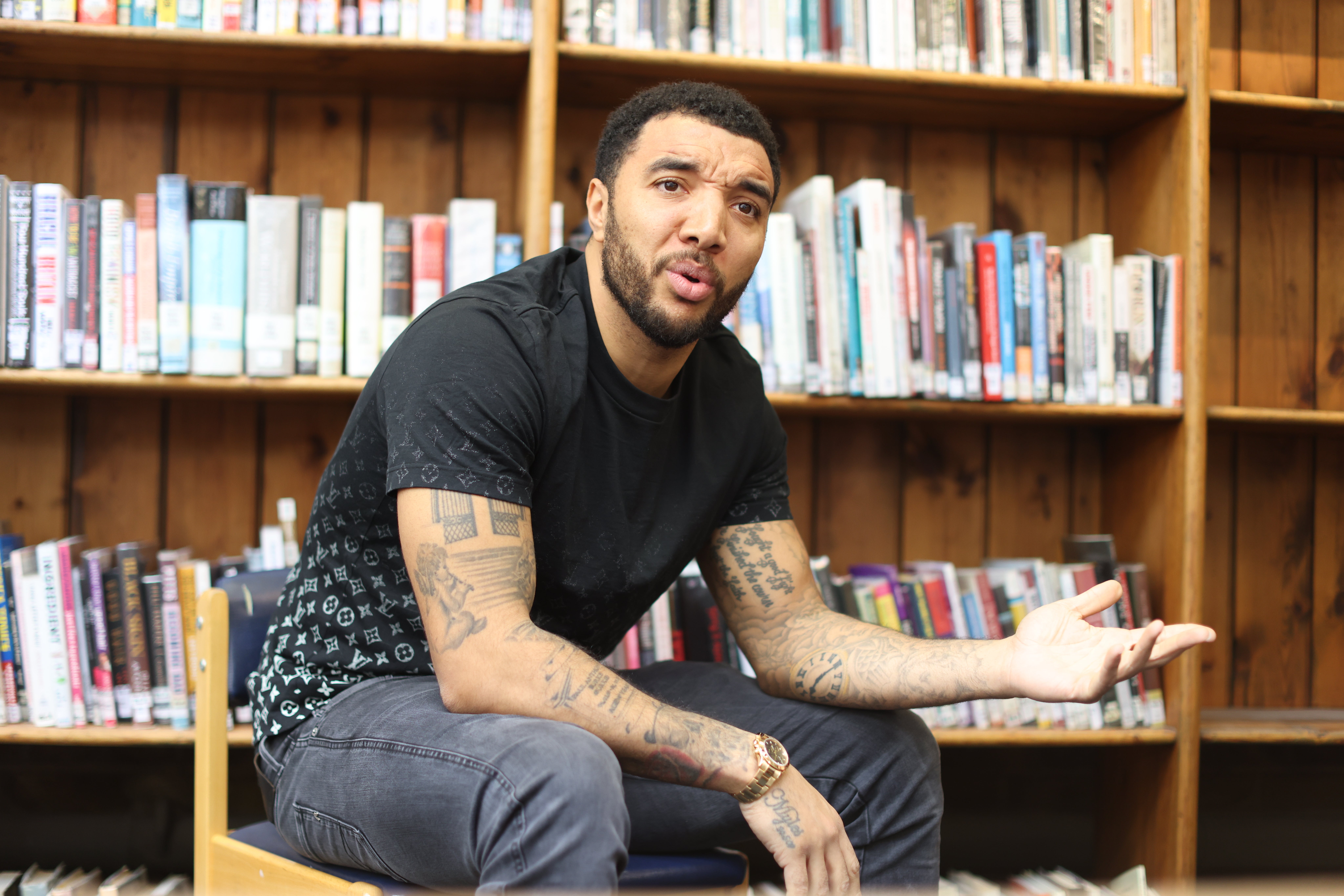
Teachers have accused the government of dragging its feet on including Black history in the national curriculum.
As Black History Month begins, the president of the National Education Union (NEU) has questioned why the government needs two years to commit to making the curriculum more inclusive.
Currently, Black history doesn’t feature in the national curriculum, meaning it is not compulsory to be taught in UK schools – something that campaigners and teachers have been lobbying to change for a number of years.
Calls to decolonise the curriculum and boost diversity in schools, colleges and universities gained momentum over the past year following demonstrations supporting the Black Lives Matter (BLM) movement in 2020. However, this has not inspired ministers to immediately implement mandatory changes.
“Teaching of Black history is crucial – not just from a union perspective but from an educational and a humanity perspective,” Louise Atkinson, president of the NEU, told The Independent.
“We live in a structurally racist society; the children are our future and it’s about educating our youngest members of society right at the start to try and make some drastic changes on how people operate all the way through their lives.

“The government is not moving quick enough and its curriculum commitment via the Inclusive Britain plan is certainly not what we would like to see. They’re making good noises at the moment – but really there’s not been any action and it hasn’t been quick enough.”
Ms Atkinson, who represents 30,000 teachers through the union, was clear in explaining that a vast amount of members are passionate about teaching Black history in their classrooms. However, this enthusiasm is not being matched by the government.
A recent UK survey of history teachers found that 78 per cent wanted training on teaching about migration, and 71 per cent on teaching about empire.
“We look to Wales and their curriculum is much more inclusive. It can be done and I wonder what the hesitancy is with our government,” said Ms Atkinson.
This month, Wales became the first nation in the UK to introduce a new Black curriculum across all primary schools and some secondary schools for the new term, leaving behind England, Scotland and Northern Ireland.

Earlier this year, the government committed to suggesting improvements for the history curriculum in the Inclusive Britain plan via its “Model History” initiative.
The aim is to “support high-quality teaching and help teachers and schools to develop their own school curriculum”, according to the government.
When approached about this, a spokesperson said it was “on track” to develop the guidance for 2024.
The Department for Education (DfE) pledged to “actively seek out and signpost to schools suggested high-quality resources” to support teaching all-year round on Black history in readiness for Black History Month October 2022. As of today, its Education Hub has not been updated with this information.
The Runnymede Trust has warned that the government proposes limiting important dialogues around race in the classroom.
Chief executive, Halima Begum, told The Independent: “The hint is in the name, a ‘model curriculum’ is not mandatory and, like all discretionary modules, it is left to teachers who are already overworked to build the resources and incorporate it into their classrooms.
“A systemic approach is urgently needed in which we offer training and support to teachers to enable and empower them to teach the inclusive and broad curriculum we know teachers and students are crying out for.”

Recent “confusing” guidance from the DfE makes it harder for teachers to tackle subjects such as racism by pushing for them to be “taught in an impartial manner”, Dr Begum said.
“That this guidance threatens those conversations in the classroom is profoundly disturbing.”
This, along with an upsurge in racist incidents taking place in schools, presents difficulties in fostering empathy and belonging, teachers have said. Some 60,000 incidents of racist bullying have been recorded since 2016.
The DfE announced an expert panel to develop its “model” guidance in July. However, its terms of reference do not mention “Black history” once. Moreover, there is no specific mandate to incorporate more content about African history into the curriculum.
There are also concerns over transparency in the composition of the model curriculum advisory group, and whether there are representatives from different political spectrums who are providing expertise, The Independent has been told.
Earlier this year, footballer Troy Deeney launched a petition, made a documentary and wrote an open letter to the government calling for the mandatory teaching of Black history in schools.

His open letter got an immediate response from the then education secretary Nadhim Zahawi and a meeting between the pair was held in March – but left Mr Deeney feeling “disappointed” and wanting “a bit more” to happen.
While the government has been rocked by scandals and instability, some three secretaries of state have been appointed to the education post since then. All the while, there have been no public updates on the “Model History” plan.
Speaking to The Independent in February, the granddaughter of Nelson Mandela, Tukwini Mandela, expressed concern about the lack of Black representation across the UK’s school curriculum and in public spaces.
After the Covid-19 pandemic, which exposed the extent of the structural inequalities facing Black and ethnic minority groups, solutions to various disparities were ramped up by campaigners.
While ministers stand accused of dithering, some self-funded organisations such as Black History Month, the Cargo Movement and The Black Curriculum have developed resources for schools to help fill gaps in the curriculum.
Lavinya Stennett, founder of The Black Curriculum, said the government has “ignored” her organisation’s calls for educational change.
“I think that it is not in their interest currently to ensure that true history is reflected, because the changes that would be required from teachers and the accountability within our society as well is out of the scope,” she told The Independent.
A recent study by the University of Leicester found that Black students at university often have to “work harder” than their peers to connect with assessments and curriculum content.
The Department for Education spokesperson did not respond to criticism about its “delay” on making the curriculum more inclusive.
“We are developing a new Model History Curriculum that will support the teaching of high-quality, knowledge-rich and diverse content by 2024,” the spokesperson reiterated.
“The terms of reference clearly state that the Model History Curriculum will represent how Britain has influenced and been influenced by different diverse groups, societies, and civilisations.
“The freedom and flexibility in the national curriculum mean there is no doubt that Black history can already be taught, and many teachers and schools ensure that they include Black voices and experience in their teaching.”







